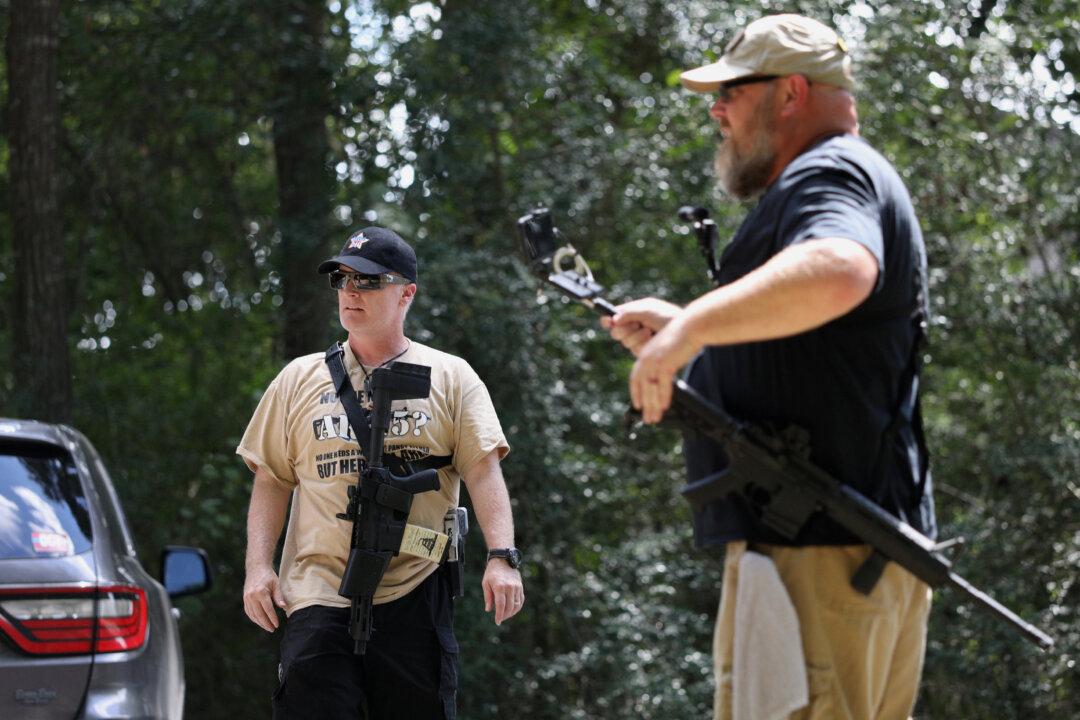When Missouri Senate Bill 656 was introduced in 2016, it was relatively modest legislation that proposed capping the amount county sheriffs could charge for a concealed handgun permit.
By the time it passed, with both houses of the state legislature overturning the governor’s veto, it had become one of the most expansive gun-rights laws in the country.





